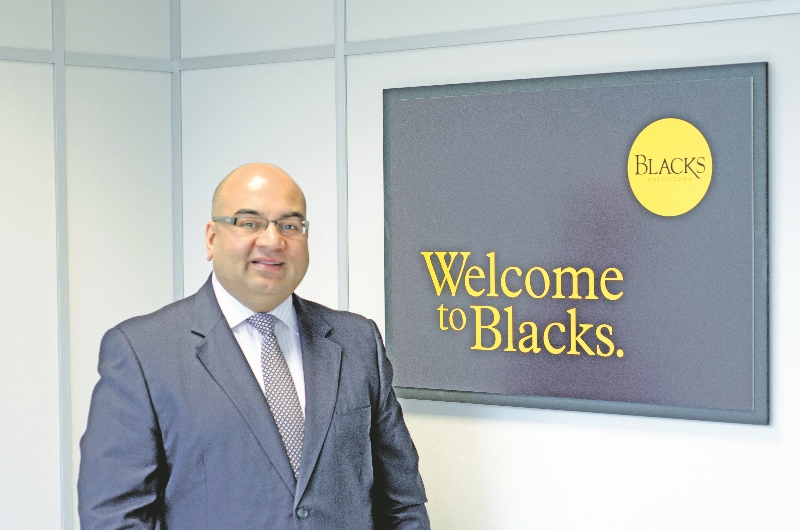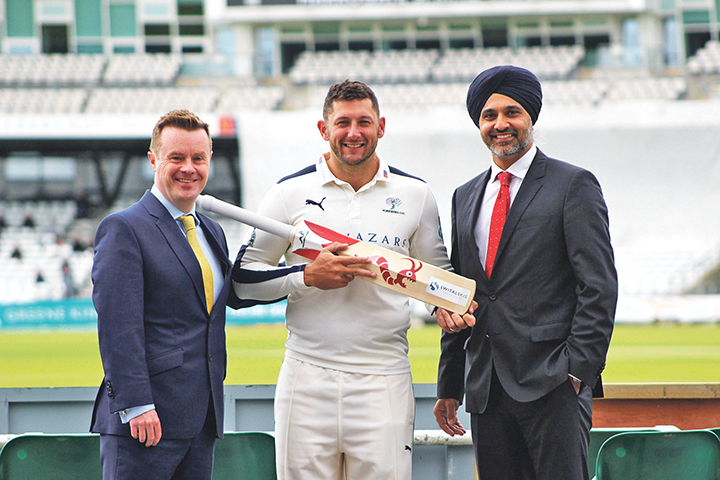
The intention to create legal relations is an essential part of any contract. Without such intention the contract cannot be formed. This issue was highlighted in the recently decided High Court case of MacInnes v Gross.
In that case, Bruce MacInnes, an investment banker with the investment bank, Investec, claimed that €13.5m was due to him pursuant to an oral contract which he alleged had been entered into over dinner in a Knightsbridge restaurant with Hans Thomas Gross, an Austrian national and the main figure behind a group of companies known as “RunningBall” (a global sports data company). Mr Gross is also known for being the ex-boyfriend of the socialite, Paris Hilton.
Mr MacInnes claimed that it was agreed that he would personally provide services to Mr Gross with the aim of maximising the return of the sale of RunningBall and that in return he would receive remuneration equivalent to 15% of the difference between the actual sale price of the company and the ‘target’ price.
Mr MacInnes explained that there had been no written agreement between the parties because Mr Gross had told him that he “made his deals on a handshake – in the Asian way”. Mr Gross however claimed that the only handshake between them was “just to say goodbye” after dinner.
The Court found that although it was possible for a binding contract to come into existence over dinner in a restaurant, the highly informal and relaxed setting required close scrutiny over whether there was any intention to create legal relations. It decided that in this case there was no such intention because:
- Mr MacInnes was an experienced banker who would have been aware of the importance of having a written contract and his failure to produce one or even a draft was a critical omission.
- There was substantial uncertainty over the terms of the alleged agreement and, in particular, over Mr MacInnes’ remuneration and the services he was to provide.
- There was no agreement or certainty as to the parties to the transaction – Mr MacInnes was, at the time, an employee of Investec and was therefore not in a position to make any immediate contract with Mr Gross personally; he could only have contracted on behalf of Investec.
- The fact that the discussions took place in English, a language that was not Mr Gross’ first language (although he was relatively fluent in English) added a further note of caution when considering whether or not a binding agreement had been reached.
Although it is possible to enter into an oral contract, it is advisable for the parties to an agreement to seek legal advice and have a written contract drawn up which accurately reflects the terms agreed between them so as to avoid any dispute arising subsequently.
Blacks Solicitors can assist with all aspects of contractual matters from drawing up the contract to enforcing it if there has been a breach. Please contact Luke Patel on 0113 227 9316 or email him at “LPatel@LawBlacks.com”.















